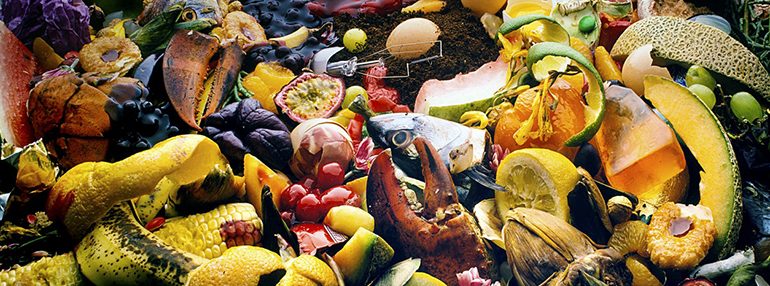It is criminal to waste food when a significant part of the world population is malnourished or starved. Also, wastage of food puts pressure on natural resources damaging the environment. It is time to push for a paradigm shift in food loss and management framework. Food loss management should be an integral part of the strategy in achieving food and nutritional security. Technology has a huge role to play in building a robust anti food-loss management system. Technology can be bucketed into three components – digital tech, biotech, and processing tech.
Digital Tech
Food demand is predictable however, supply is not aligned because of multiple layers between consumers and farmers in layered supply chains in countries like India. It is time to align food demand with the supply by building a data interface across the chain. Data interventions have multiple components and all need to be seen in totality.
- Data to reduce demand supply mismatch on account of regional and seasonal arbitrage through building predictive models
- Data to monitor potential food losses such as the ones occurring from pest attack and weather shocks
- Data monitoring wastage, consumption, and contamination in the supply chain to fix accountability
There is enough technology available to capture the data as listed above. Data can be captured through satellite imagery, drones, sensors, IoT devices, smartphones and many evolving hardware devices. This data can be synthesized to estimate quantity and quality loss at various stages of the food supply chain and fix accountability.
Biotech
While digital applications are critical, biotech also has a huge role to play in reducing food loss. Biotech applications including hybridization, gene editing, plant growth stimulators and improved fertilizers, etc., that can improve the crop immune systems, which can, in turn, cut down on pre and post-harvest losses. This has been the focus area of research for agricultural universities and private sector companies. However, many innovations remain confined to the laboratories for lack of awareness and connect with the industry and start-up ecosystem.
Processing Tech
Affordable cold storage, mobile packhouses, and dehydration solutions at the farm gate present another set of innovations for managing the food losses.
A combination of these techniques is gaining importance in the context of diversification of diets and tilt in consumer diets towards perishable products, where the losses could be higher because of lower shelf life. Diversification of consumer diet from staples to horticulture, dairy, poultry, and fisheries is a good sign as these diets are fibre and protein-rich. However, this also opens up the challenge to improve shelf life and manage food loss.
The author is Chairman, FICCI Task Force on Agri Start-ups & Venture Partner, Bharat Innovation Fund





